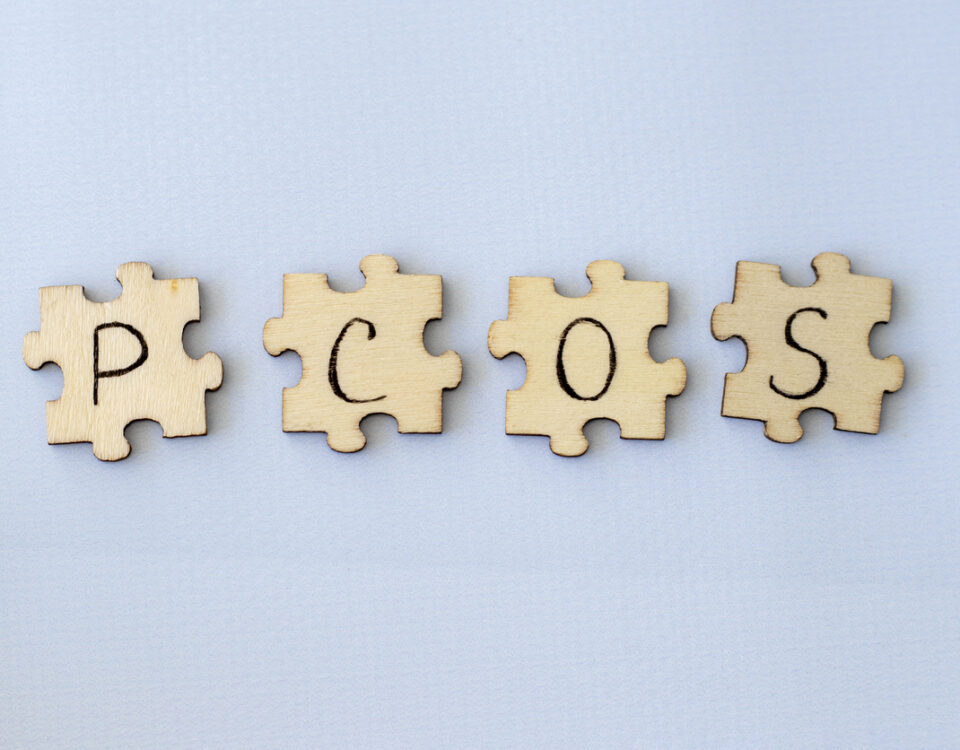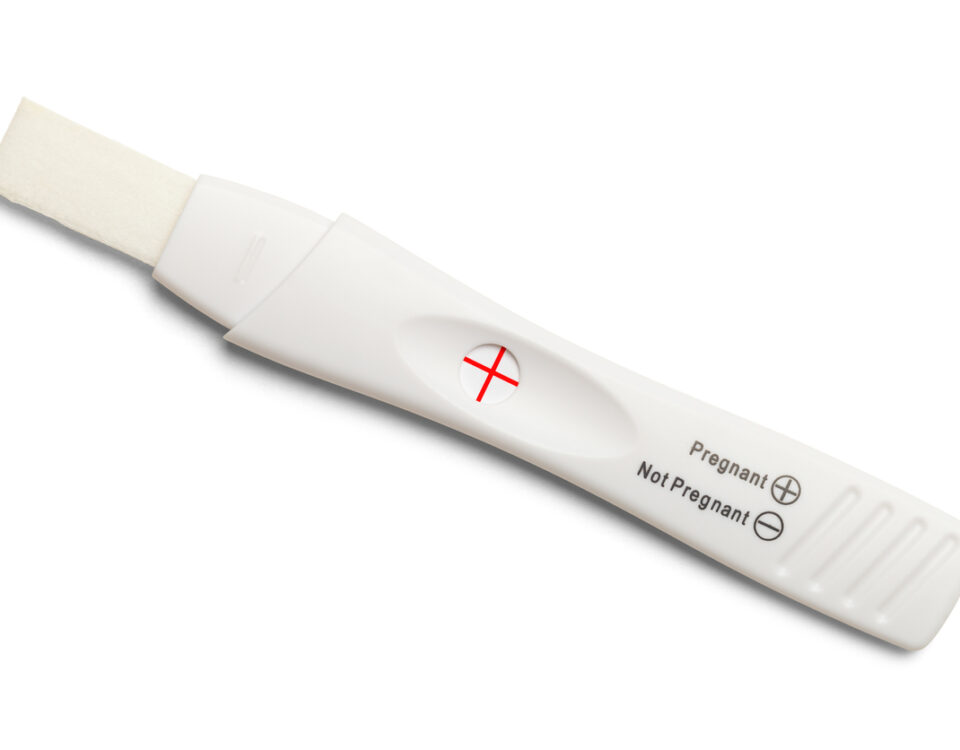Sometimes women come to my office complaining of symptoms of a yeast infection with negative tests for yeast. Often these women were previously suffering from vaginal infections such as yeast or bacterial vaginosis and they were getting positive swabs for these infections. Then at some point, an infection arises with similar symptoms however swabs for yeast and bacterial vaginosis remain negative. Furthermore, treatments for these conditions which were previously effective are no longer effective. When this occurs, we need to consider cytolytic vaginosis as a diagnosis. Cytolytic vaginosis is an overgrowth of lactobacilli bacteria. Lactobacilli bacteria are part of the normal vaginal flora. These bacteria cause the vagina to be acidic which protects a variety of pathogens. When these bacteria overgrow it causes the PH of the vagina to be too acidic and therefore causes the breakdown of epithelial cells which line the vaginal wall, thus leading to symptoms.
SIGNS AND SYMPTOMS OF CYTOLYTIC VAGINOSIS
When overgrowth occurs, symptoms that mimic a yeast infection occur. Symptoms include:
- Abundant white vaginal discharge
- Itching or burning of the vagina
- Pain or discomfort during sex
- Pain with urination
Symptoms often worsen in the luteal phase of the menstrual cycle (after ovulation) as lactobacilli bacteria are highest in the vagina at this time.
TESTING FOR CYTOLYTIC VAGINOSIS
There is no test to confirm cytolytic vaginosis. Rather, it is a diagnosis of exclusion which means that it is diagnosed or suspected when all other types of vaginal infections (yeast, bacterial vaginosis and sexually transmitted diseases) are ruled out. A vaginal PH may be of guidance in diagnosis as well. Typically in cytolytic vaginosis the PH of the vagina is acidic between 3.5-4.5. An optimal PH balance in the vagina is 4.0-4.5.
TREATMENT FOR CYTOLYTIC VAGINOSIS
The most common treatment for cytolytic vaginosis is baking soda sitz baths. This will alkalinize the vagina and reduce the number of lactobacilli bacteria that are present. Baking soda sitz baths must be recommended under the supervision of a healthcare practitioner. If cytolytic vaginosis is wrongly suspected then baking soda sitz baths may leave patients more vulnerable to infections like bacterial vaginosis.
To make a sitz bath, one-quarter of a cup of baking soda is dissolved into 2 inches of water in a bathtub. The patient can soak in the bath for 15-20mins daily or a few times per week, using their symptoms as a guide. Symptoms should improve after 2-3 weeks of treatment.
LIFESTYLE FACTORS THAT CAN AFFECT CYTOLYTIC VAGINOSIS
Certain lifestyle factors may be beneficial in preventing cytolytic vaginosis:
- Avoid using soap on the vagina. Wash the vagina with water only. I do not even recommend that patients use a pH-balanced soap. Soap can disrupt the bacterial balance of the vagina. This recommendation is applicable when preventing any vaginal infection.
- Changing from tampons to pads: Menstrual blood is more alkaline than the acidic environment of the vagina and as a result, patients may get relief from symptoms when their period begins. Tampons however may be irritating to the vagina thus making symptoms worse.
- Vaginal hygiene products may be making symptoms worse. Lubricants, soaps, sprays, external wipes, and non-organic pads or tampons may irritate the area. I always recommend that patients choose organic and unscented products where possible as these are best tolerated. Many vaginal hygiene products are simply unnecessary as the vagina should maintain the appropriate bacterial balance and pH. These products typically have a negative rather than a positive impact on the vaginal environment.
- Probiotics: Both oral probiotics and vaginal probiotics which contain lactobacilli bacteria may worsen symptoms of cytolytic vaginosis. Discontinuation of these products may be advised.
- Avoid sex until the infection has cleared.
If you are suffering from vaginal infections whether it be chronic yeast infections, bacterial vaginosis or suspected cytolytic vaginosis, Dr Ashley von Martels ND can be of help.
Dr Ashley von Martels ND is a naturopath in Toronto focusing on Women’s Health. Her areas of interest include: PCOS, irregular periods, acne, interstitial cystitis, UTI’s, yeast infections, PMS, endometriosis, menopause, fertility, pregnancy and preconception (amongst others). She offers virtual consultations to patients across Ontario.





